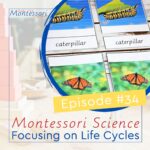
It is our goal in this episode to teach you the best practices for implementing Montessori Life Cycle Activities in Science classes, whether it be Botany or Zoology.
Full video training here:
The Montessori Science Subject
Montessori Science is one of the most important in the curriculum because of its any branches.
It helps the child understand and appreciate the world around him.
Some of these Science branches are Botany and Zoology.
Both include the topic of life cycles: one for plants and one for animals.
The activities included in this episode will give you a good foundation to start with and cover all aspects of Life Cycles, from egg to adult.
The Montessori Zoology Sub-subject
Zoology is the study of animals and their behavior, structure, physiology, classification, and distribution.
It covers a wide range of topics from the simplest single-celled organisms to the most complex organisms like humans.
In Montessori Zoology classes, we use materials and presentations to help the child understand these concepts.
One of the first steps in studying any animal is learning about its life cycle.
What is a Life Cycle?
A life cycle is the process an animal goes through from birth to death. This includes everything from how they are born, to how they grow up, to how they reproduce.
There are two main types of life cycles: direct and indirect.
Direct life cycles are when an animal hatches from an egg and then grows up to be an adult.
This is the most common type of life cycle for animals.
Indirect life cycles are when an animal is born as a larva.
For example, a baby animal that looks very different from its parents.
Then it goes through a process called metamorphosis to turn into an adult.
This is the most common type of life cycle for insects.
The stages of a typical animal life cycle are:
– Egg
– Larva
– Pupa
– Adult
The stages of a typical plant life cycle are:
– Seed
– Germination
– Seedling
– Adult Plant
Egg Stage
The egg stage is when the animal is first born. This is the stage where the animal is most vulnerable and needs to be protected. The egg stage can last anywhere from a few days to several weeks, depending on the species of animal.
Larva Stage
The larva stage is when the animal starts to look like its adult form, but is still not fully grown. This stage can last anywhere from a few days to several months, depending on the species of animal.
Pupa Stage
The pupa stage is when the animal is fully grown but has not yet reached its adult form. This stage can last anywhere from a few days to several weeks, depending on the species of animal.
Adult Stage
The adult stage is when the animal has reached its full size and is ready to reproduce. This stage can last anywhere from a few months to several years, depending on the species of animal.
Montessori Life Cycles
Some important tips to keep in mind when working with Life Cycle Activities:
– Make sure that the containers you use are big enough for the number of animals you have. You don’t want them to be cramped up!
– Keep an eye on the water levels, especially in hot weather. Animals can die very quickly if they don’t have enough water.
– Be patient! It can take a while for eggs to hatch, or for plants to grow. But it’ worths it to see the excitement on the children’s faces when they finally do!
We hope you enjoy this workshop and that it is helpful in your Montessori Science classes. Thank you for your participation!
#MasterTheMontessoriLifeShow #themontessoriwayfoundationsframework #themontessoriwaypreproom #themontessoriguide #themontessorimethod #themontessoriway #MasterTheMontessoriLife #montessori #montessoriathome #montessoritopics #montessorieducation #themontessorilife #themontessorijourney #themontessoriexperience #montessoripodcast #montessoripodcasts #montessoriprogram #centeredmontessoriguide #normalizedchild #montessoridays #montessorian #montessoriactivity #montessorienvironment #montessoriquestions #montessorihomeschool #montessorikids #montessorimom #montessoriactivities #montessorimaterials
Wardrobe from: http://bit.ly/TNHstitchfix

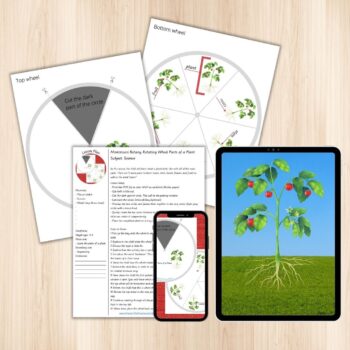
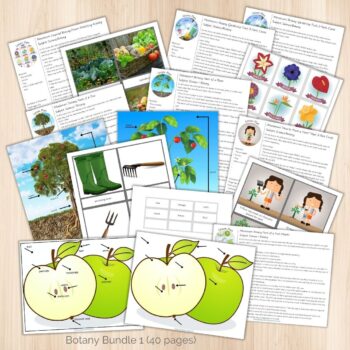
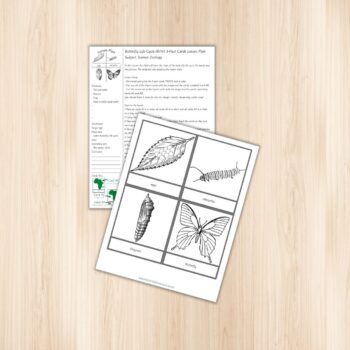
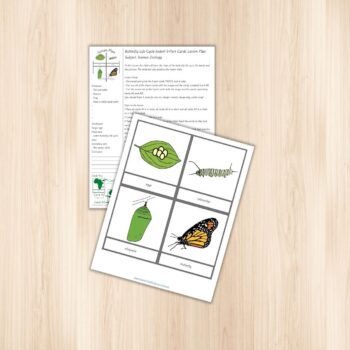
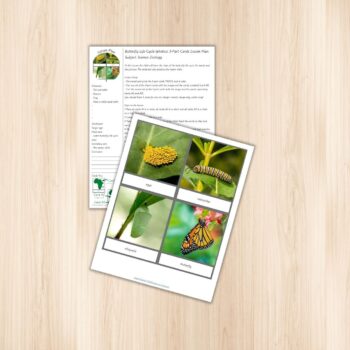
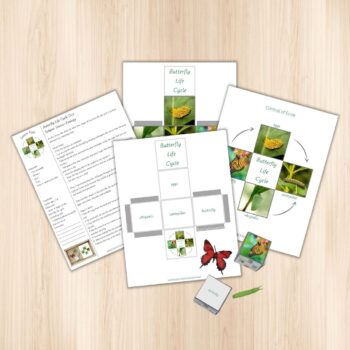
Leave a Reply